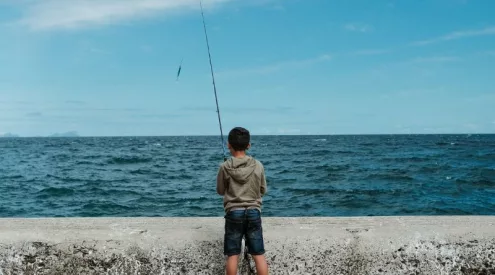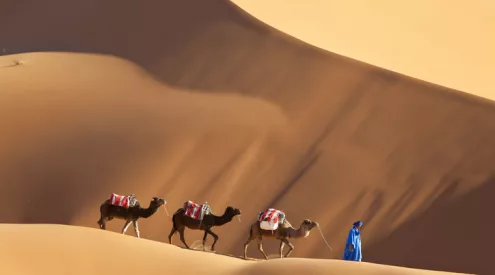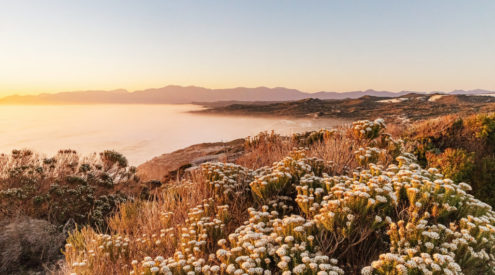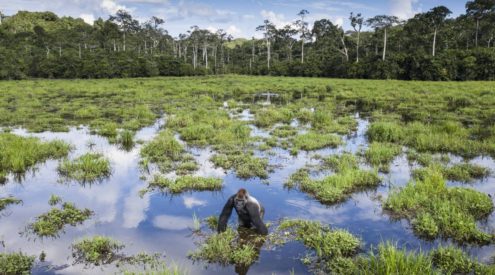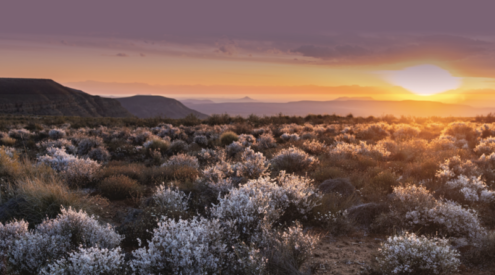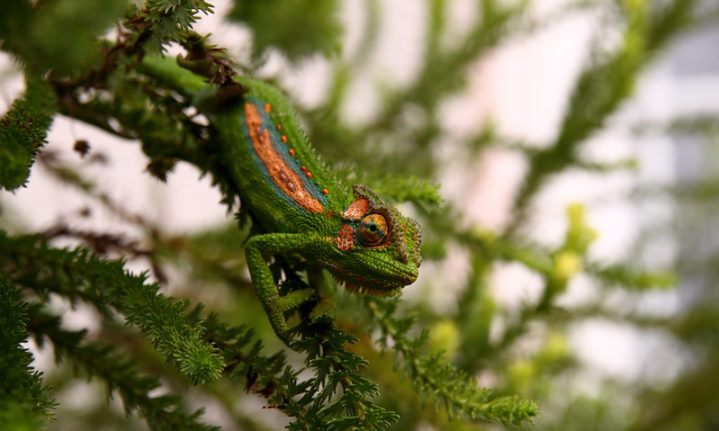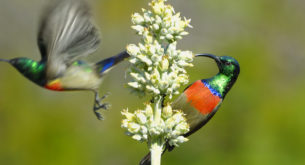Once a common resident in many gardens, this reptile’s existence is becoming ever more precarious, listed as endangered on the IUCN red list of threatened species.

Picture: Anne Fröhlich via Flickr Commons
South Africa has 19 formally listed chameleon species and 80% of them are endemic to South Africa. The Cape dwarf chameleon commonly occurred throughout the southwestern Cape region from Cape Town to De Hoop in the Western Cape but they have become rarer over the years.
Due to habitat loss, urbanisation and agriculture continually changing their natural landscape, they have become threatened with fragmented populations isolated from each other.
They are very slow movers, always having one foot on the ground when moving. They usually move between branches in various vegetation types within the fynbos biome and lush urban gardens.
Biologist, Tony Rebelo at the South African National Biodiversity Institute (SANBI) who also oversees the iNaturalist dwarf chameleons of Cape Town project comments that chameleons are far more common in gardens than many people realize
‘Provided that there are shrubs and trees in a garden, most gardens in Cape Town probably contain chameleons. They are superb at camouflage and hiding, and unless carefully looked for usually are not noticed.’
Threats
The biggest threat to the species is habitat loss and fragmentation. Even though they are still found in the gardens of urban dwellings, their population is decreasing drastically and current climatic predictions estimate that 60% of the population could be lost in the next 100 years.
This could be exacerbated by disease when considering that populations are fragmented, and breeding populations have less genetic diversity and therefore more prone to diseases.
Domestic cats also pose a threat to this vulnerable species as well as deliberate translocation, where the general public might move them to a different garden or keep them as pets, even though this is illegal.
Saving the Cape Dwarf Chameleon
SANBI Biologist Krystal Tolley says that the animals fall directly under an endangered ecosystem, where 6.5km2 is lost every year to urbanisation.
Presently, the Cape dwarf chameleon is predominantly found in planted gardens, which mainly consist of non-indigenous plants. Humans are then directly implicated in the threatened status of these species where populations are isolated by roads, houses and malls.
As a counter to the loss of habitat and its fragmentation, appropriate habitat corridors could prove essential in providing suitable environments and facilitate movement between populations for better genetic distribution.
What we can do to help is planting chameleon-friendly gardens which consist of layered vegetation. This is essentially a complementary mix of low lying shrubs, bushes and trees.
A growing initiative is an iNaturlast study, where members of the public are encouraged to try and spot chameleons in their garden and upload it as an observation as part of plotting out their distribution.
The iNaturalist chameleons of Cape Town project
The purpose of this project is to collect data for trying to figure out why dwarf chameleons have such a strange distribution in Cape Town.
One of the theories explored is the interplay between dogs and cats to determine their influence, to tease out the variables underlying their distribution.
Residents are encouraged to participate in this study by downloading the iNaturalist app and uploading the image of the chameleons they find in their garden and where they find it. So far, there are 195 participants with more than 500 chameleons spotted!
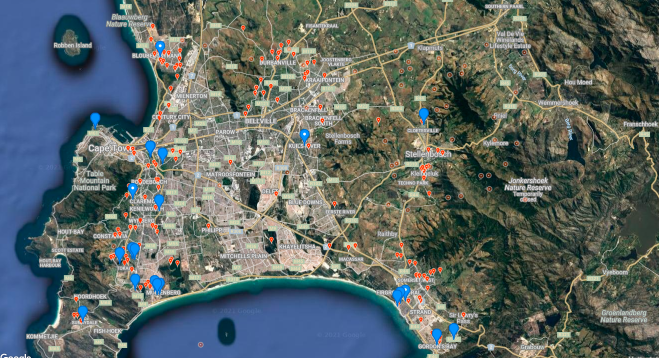
Resident participants observations of chameleons across Cape Town.
The project has also stumbled upon two other species of chameleon in the gardens of the Cape, such as the Knysna, Namaqua and Eastern Cape dwarf chameleon. If you are not too clued up on how to identify chameleons, don’t fret, it will be correctly identified by the many other chameleon experts participating in the project.




